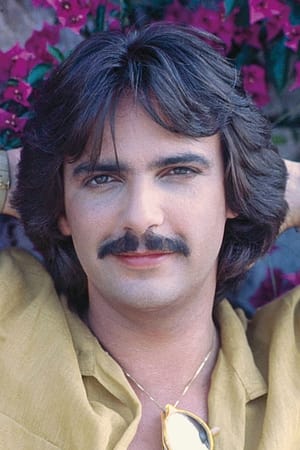Alan Sorrenti (b. 1950)
Birthplace:
Naples, Campania, Italy
Born:
December 9, 1950
Alan Sorrenti (born 9 December 1950) is an Italian singer and composer. Sorrenti was born in Naples, but his mother was Welsh, and he spent much of his childhood in Aberystwyth, Wales. As a result, he is fluent in both Italian and English and has sung in both languages throughout his career. Sorrenti's career began in the early 1970s; he released his first album, Aria, in 1972, followed by Come un vecchio incensiere all'alba di un villaggio deserto in 1973, both consisting mostly of progressive rock and experimental tracks. In 1976, Alan Sorrenti shifted genre and released tracks more reminiscent of the dance genre. In late 1979 he scored a major European hit with the single "Tu sei l'unica donna per me", since then covered in a number of different languages. Alan represented Italy in the 1980 Eurovision Song Contest with the song "Non so che darei". He finished sixth in the contest but the track became one of that year's bestselling entries in Continental Europe and Scandinavia after the winner Johnny Logan's "What's Another Year". In 2006, Sorrenti participated in the festival O' Scià on the Lampedusa island. Alan's younger sister Jenny Sorrenti is also a recording artist and has released two albums with her progressive folk/rock band Saint Just, as well as several solo albums. Source: Article "Alan Sorrenti" from Wikipedia in English, licensed under CC-BY-SA 3.0.





